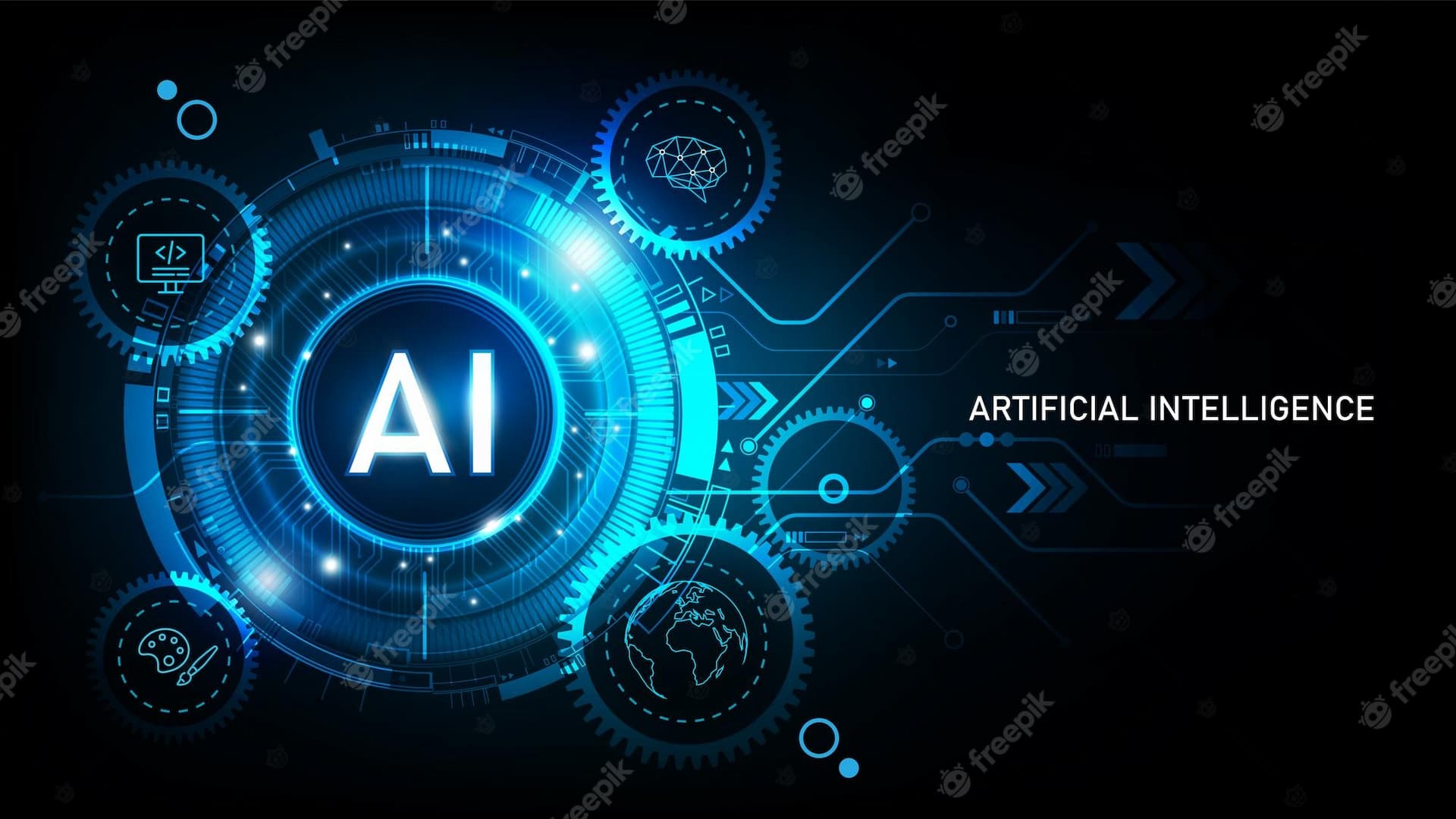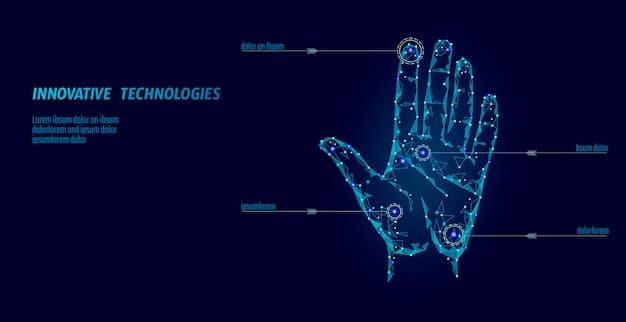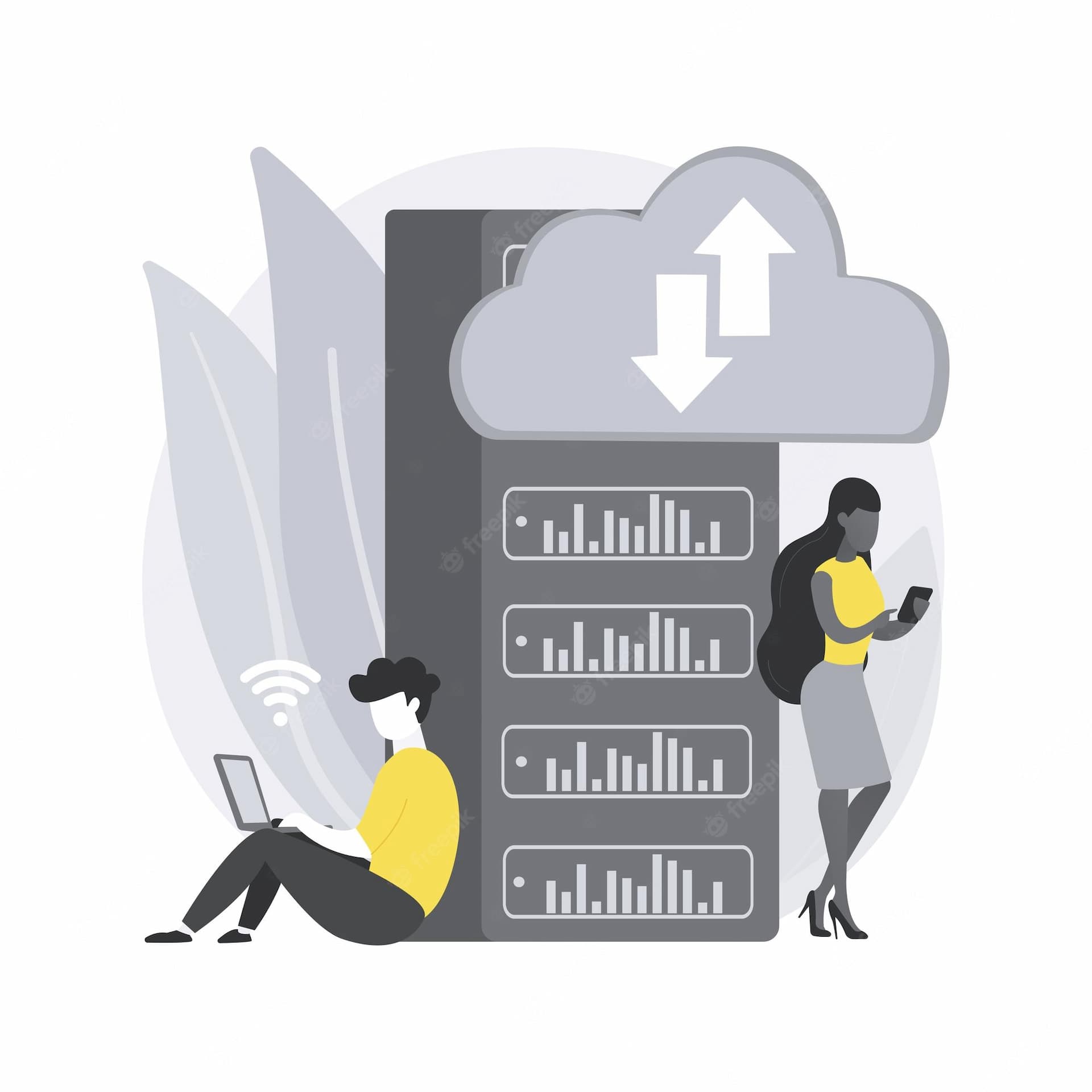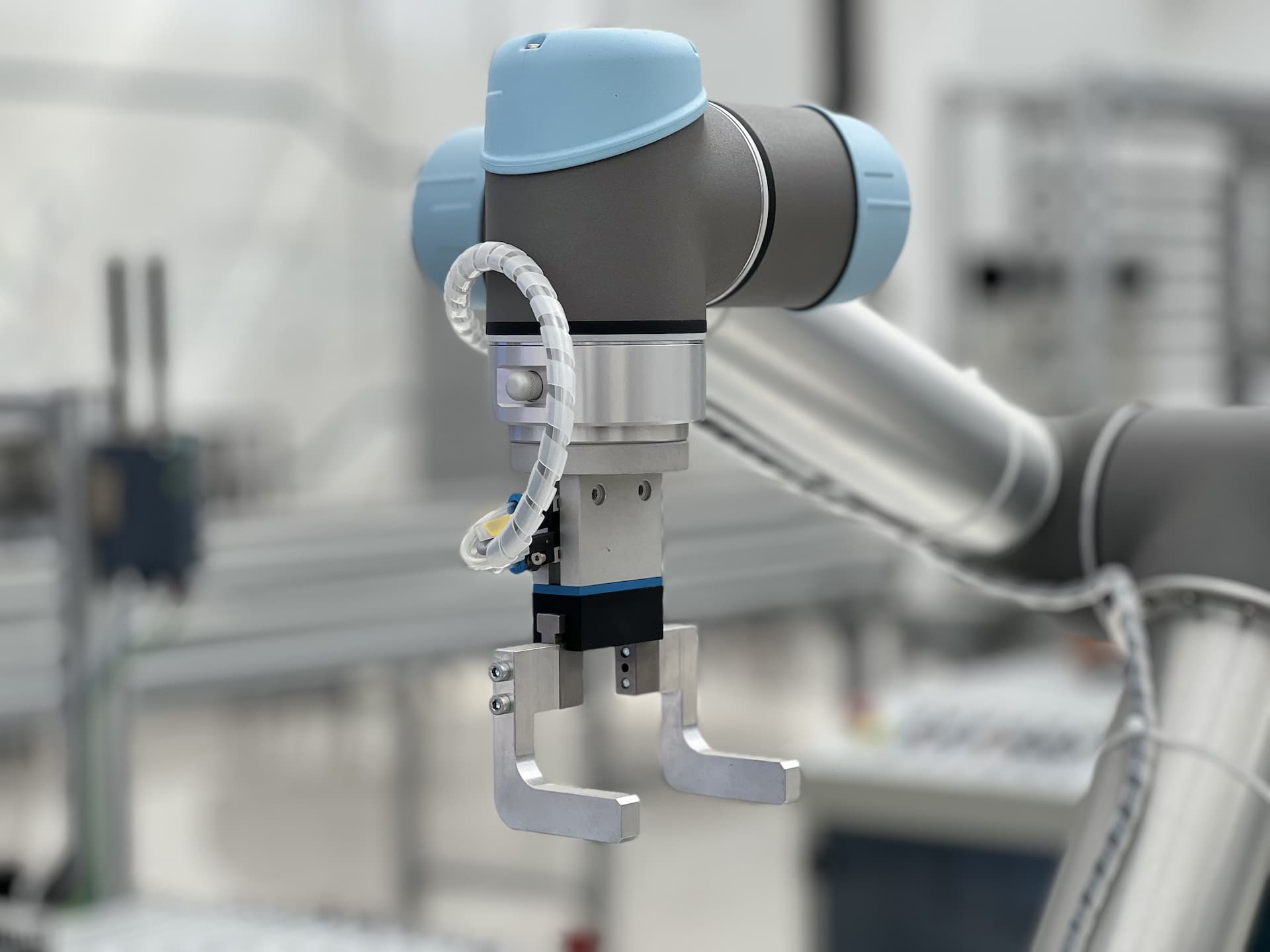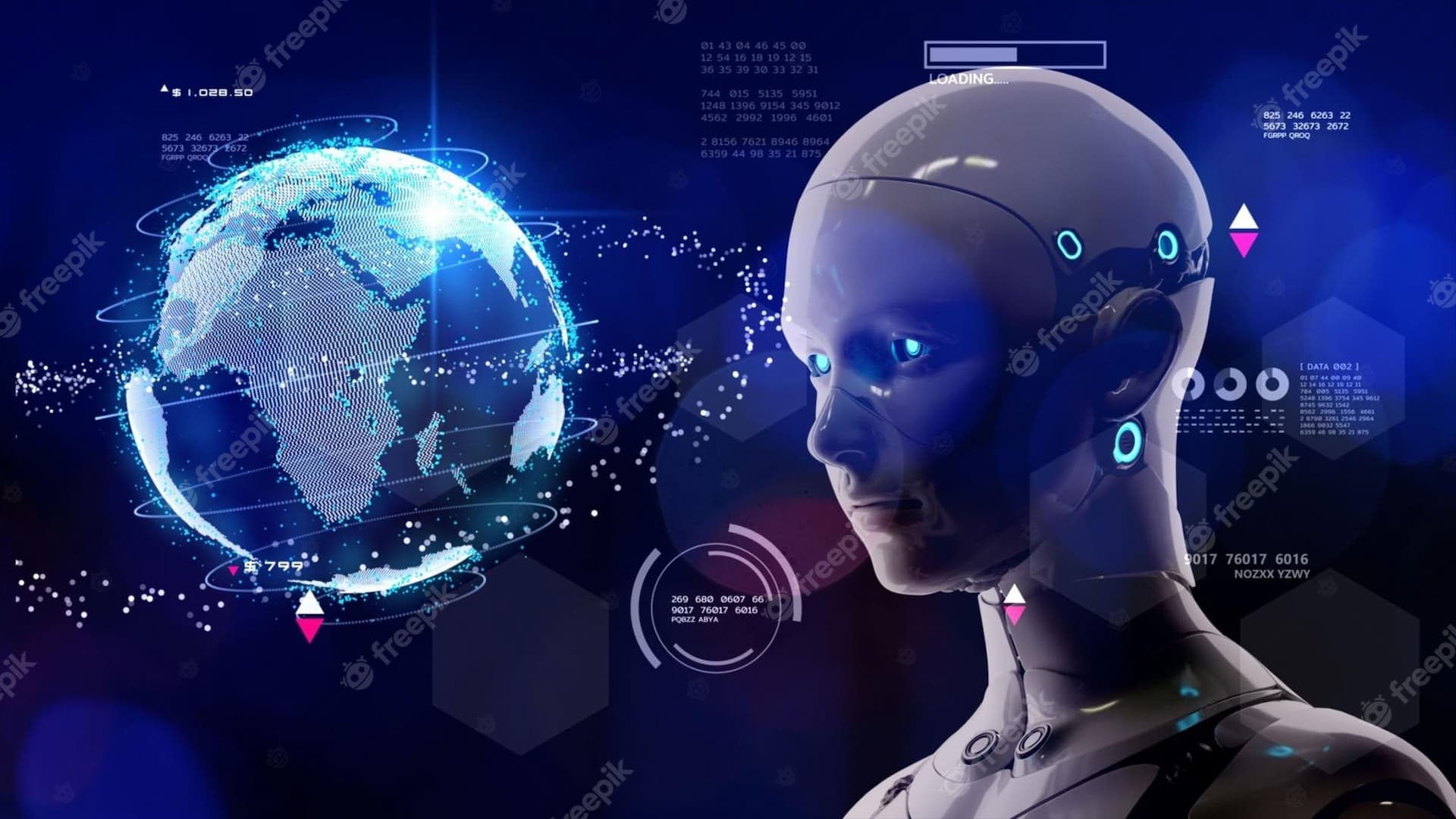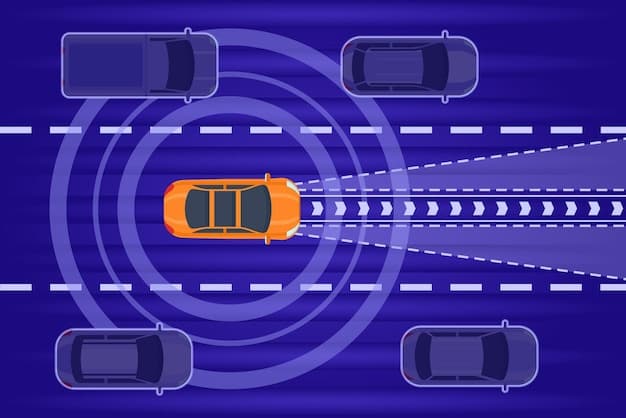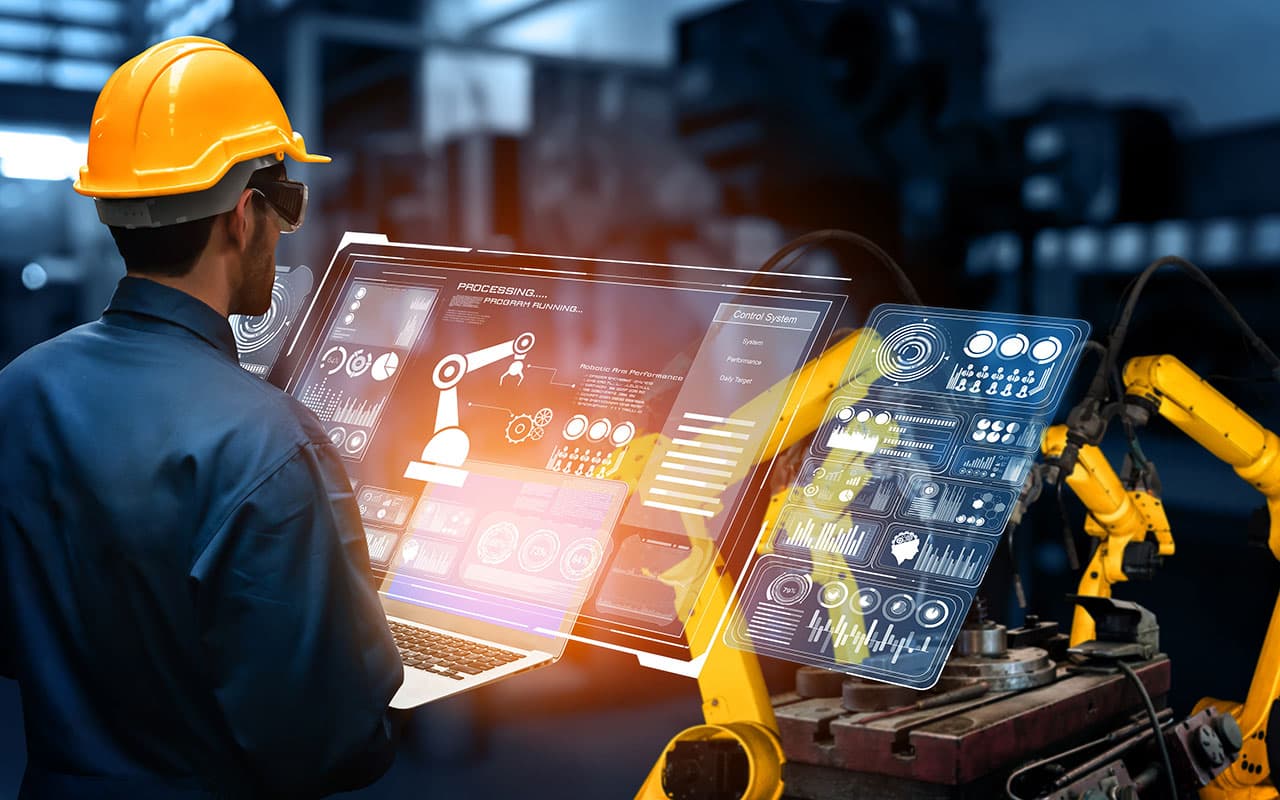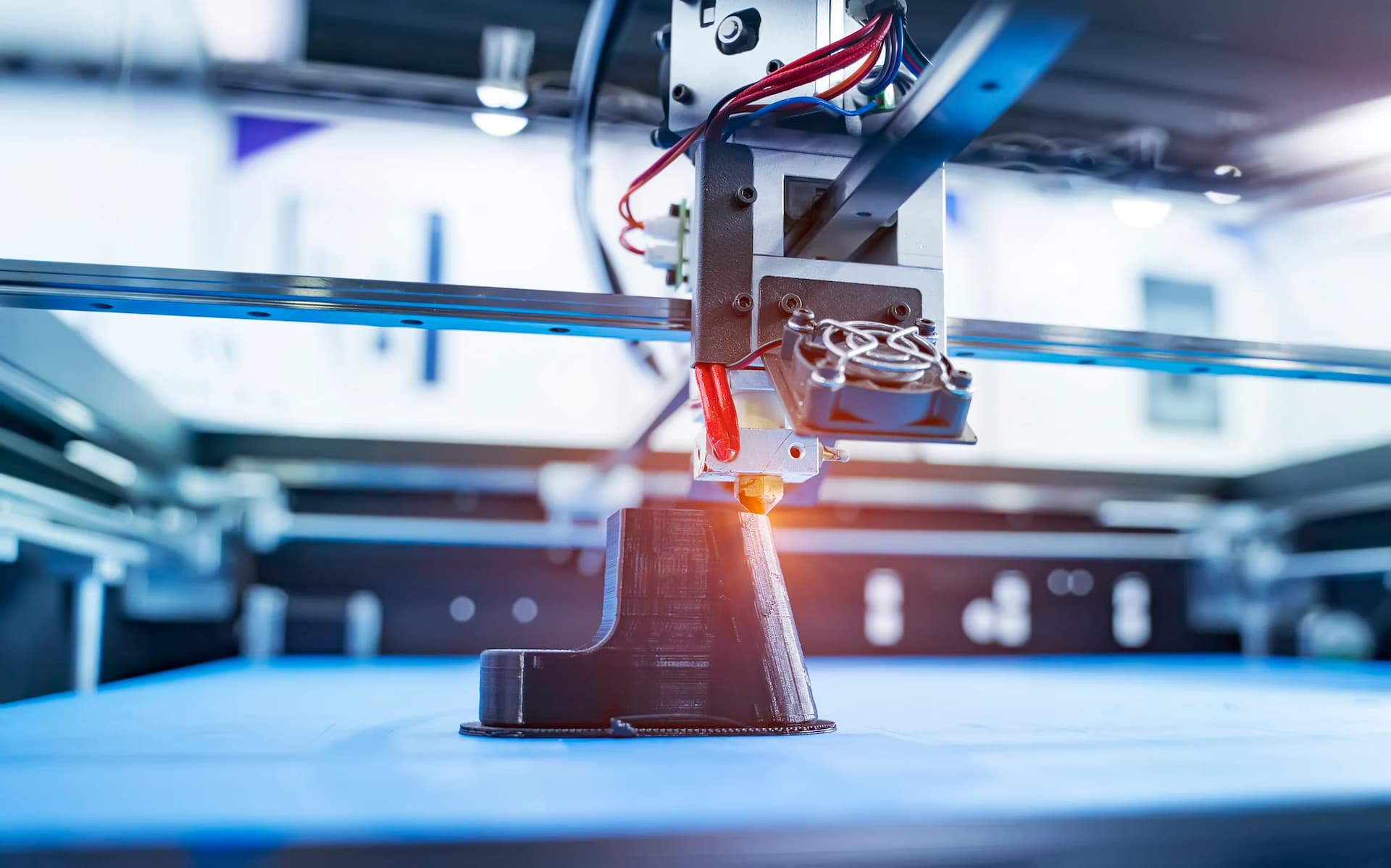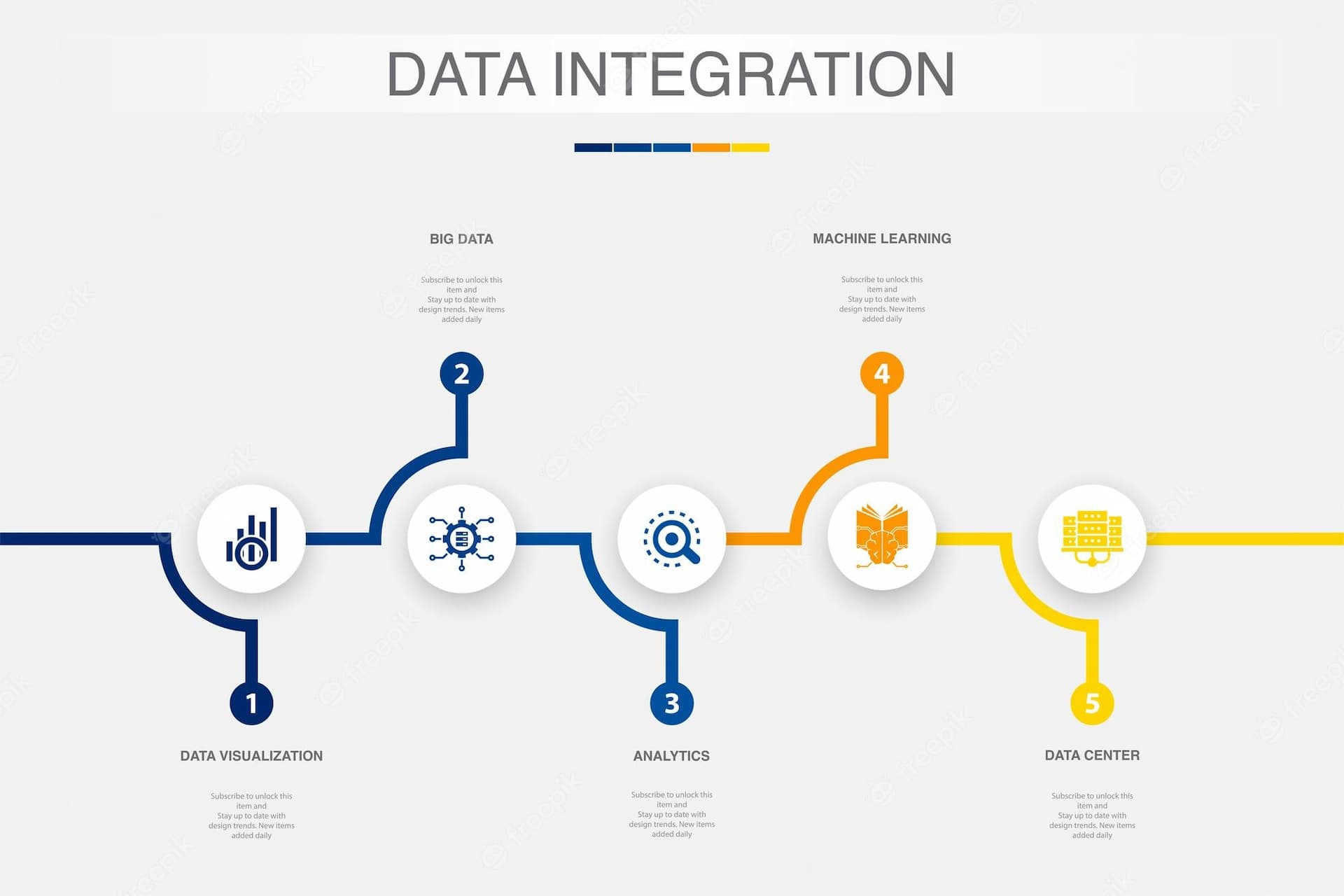Companies fund digital transformation strategies to improve their operations in multiple ways. Our article finds that automation is particularly becoming valuable thanks to its ability to streamline minor and repetitive tasks, helping boost productivity and maximize resource allocation toward more demanding tasks. Some businesses go further by prioritizing its implementation along with those for emerging technologies like AI, with the Global 2000 planning to invest over 40% of their core IT funds in AI and automation initiatives by the end of next year.
If you're looking to follow in the footsteps of the world's biggest public companies, you may want to do the same for your business. In the process, you'll find that AI and automation tools can do more than just streamline various work processes and make them more efficient. They can help your business survive—and thrive—by setting it up for future growth in the following ways:
Improving Scalability
Scalability can help your business more readily adapt to changing consumer needs and preferences. AI and automation tools can foster the conditions needed for your company to grow. AI kicks things off by boosting business profitability so you can more readily fund scalability strategies. Automation can then help you more smoothly transition to a different business model that enables you to scale. In today's rising subscription economy, that benefit is best exemplified by SOFTRAX's subscription billing software. It can automate revenue recognition for all levels of billing, so you can easily start accepting payments via subscription if you find your target demographic prefers it. The platform's analytics feature can also generate insights from the subscription plans you offer, which you can use to discern points of improvement after scaling. Ultimately, that means AI and automation tools can both provide and help you leverage growth opportunities, so you can future-proof your business by following evolving consumer demands.
Boosting Profitability
Perhaps the most significant way AI and automation tools help businesses thrive is by improving product and service quality. By streamlining repetitive tasks, automation alone can increase response times to clients and customers, enhancing their experiences with your business. Meanwhile, AI can make your products' end-user experiences easier and more intuitive. In doing so, it can also help you provide more functionality through your offerings, giving clients and customers more reason to choose you over your competitors. Take Marti's mobility app. It recently integrated AI into its software, allowing electric vehicle operators to use a new dynamic fleet optimization algorithm that can more easily generate revenue and slash field operation costs. On top of the improved efficiency, error reduction, and cost-cutting benefits they already provide, that means AI and automation tools can help you more effectively attract more business through quality products and services while simultaneously reducing overhead costs, helping to improve your bottom line.
Increasing Exposure
Brand awareness helps foster trust and loyalty among your clients or consumers, making marketing crucial for long-term business growth. However, your target demographic is likely to dismiss your efforts if they're repetitive, inauthentic, and irrelevant. In fact, a Forbes report on advertising alone finds that 96% of consumers don't trust them. Instead, they prefer likeable campaigns that they can relate to. Generative AI platforms like Viant can help personalize a business's marketing strategy. By analyzing the behavior of your ideal customer, it can provide insights on how your business can better market to a receptive audience and cultivate brand awareness. Increasing your company's exposure in this manner can help you generate leads more likely to convert into sales, more easily create a loyal customer base, and establish a steady, long-term source of income.
Minimizing Errors
Human error is inherent in every business. No matter how on-point your employees are, mistakes can happen as people get tired, bored, or aren’t at their most optimal level 24/7, which is where AI can fill in the gaps. These programs can be trained to detect objects, spot patterns, or identify even the slightest abnormalities, working best with repetitive manual tasks, thus giving humans more time to focus on more complex, strategic ones. Case in point, Suntory PepsiCo’s factories in Vietnam struggled to scan printed manufacturing and expiration date code labels; sometimes, the labels were smudged, or operators added incorrect codes, causing stoppages and production delays. Using Matrox Imaging’s Machine Vision solution, their assembly lines now have cameras to read code label images and instantly determine if they are correct or need to be ejected. And that’s just one way to cut down mistakes using AI. According to McKinsey & Company’s estimates, building automation and machine learning (ML) into business processes can increase efficiency by 30%.
Gaining Insights
Lastly, AI will be most valuable for businesses in the way it transforms problem-solving and strategic planning. Through predictive analytics, natural language processing, and strategic planning, AI can assess data and identify trends in a detailed, accurate, and data-driven way that humans cannot. For example, AI can predict customer behavior and what they are likely to buy well, which allows companies to stay agile and responsive to market demands. Walmart and other retailers are already using this technology for hyper-personalized online selling so customers can find everything they need with fewer steps, like recommending all relevant products based on the search query "football party." As AI models improve over time, so does their ability to make predictions and generate recommendations. This can free employees from gathering and processing data manually, allowing them to shift to interpreting insights in real time and accelerating the process altogether.
Conclusion
Understandably, many people are skeptical about artificial intelligence, machine learning, and automation. For one, these models are only as good as the data you work with. Another doubt that creeps into mind is how these technologies will affect human workers in the long run. However, there is no going back. Fields like medicine, finance, manufacturing, and logistics have begun to embrace AI more fully to meet demands and fill gaps, particularly for tedious tasks. Businesses should strategize how much AI they want to adopt and rigorously plan to integrate this into their system. With the right approach, your company can leverage artificial intelligence and reap its benefits, promoting overall growth and stability.



